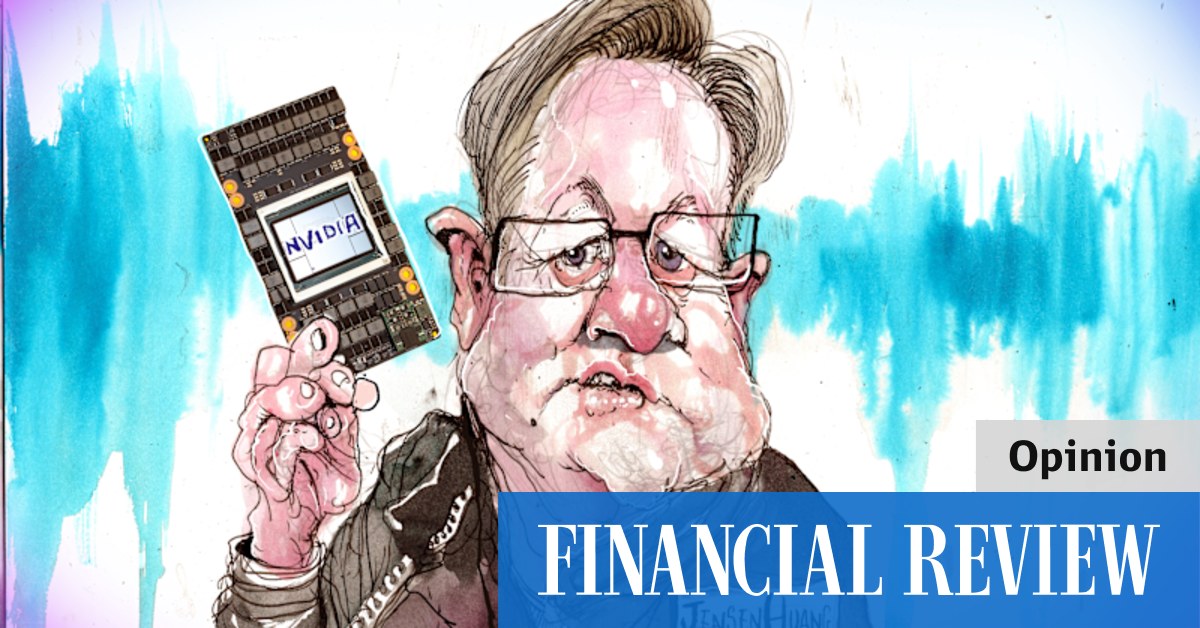Nvidia's Surge: AI Job Displacement? A Closer Look at the Implications
Nvidia's stock price has skyrocketed, fueled by the explosive growth of artificial intelligence (AI). While this is fantastic news for investors, it raises a critical question: will this AI boom, largely driven by Nvidia's powerful GPUs, lead to significant job displacement? Let's delve into the complexities of this issue.
The Nvidia Phenomenon: Powering the AI Revolution
Nvidia's dominance in the AI sector is undeniable. Their high-performance graphics processing units (GPUs) are the engines powering many of the most advanced AI applications, from generative AI models like ChatGPT to complex scientific simulations. This demand has propelled Nvidia's market capitalization to unprecedented heights, making it a tech giant synonymous with the AI revolution.
But this success story comes with potential downsides. The automation capabilities of AI, facilitated by Nvidia's hardware, are already impacting various industries.
Sectors Facing Potential Disruption:
- Data entry and processing: AI-powered automation is rapidly replacing repetitive data entry tasks, previously performed by human workers.
- Customer service: Chatbots and virtual assistants, powered by AI, are handling an increasing volume of customer inquiries, reducing the need for human representatives.
- Manufacturing and logistics: Robotics and automated systems, leveraging AI for navigation and decision-making, are transforming manufacturing and warehouse operations, leading to potential job losses.
- Transportation: Self-driving vehicles, powered by AI algorithms processing data from Nvidia GPUs, are poised to disrupt the trucking and taxi industries.
The Counterargument: AI Creates New Jobs
While job displacement is a legitimate concern, it's crucial to acknowledge the counterargument: AI also creates new jobs. The rapid development and implementation of AI technologies require skilled professionals in various fields:
- AI specialists: Data scientists, machine learning engineers, and AI ethicists are in high demand.
- AI-related support roles: Jobs related to maintaining, troubleshooting, and improving AI systems are also emerging.
- New industries and opportunities: The rise of AI is sparking innovation and creating entirely new industries and opportunities we can't yet fully comprehend.
Navigating the Future of Work in the Age of AI
The relationship between AI and job displacement is not a simple cause-and-effect scenario. The impact will vary across sectors and will depend on several factors, including:
- Government policies: Investing in retraining programs and social safety nets can mitigate the negative impacts of job displacement.
- Company strategies: Companies that embrace reskilling and upskilling initiatives will be better positioned to navigate the changing landscape.
- Individual adaptability: Workers who acquire new skills and adapt to the evolving job market will be more resilient.
What Does This Mean for You?
The rapid advancements in AI, powered by companies like Nvidia, present both challenges and opportunities. Staying informed about the evolving job market, proactively developing relevant skills, and advocating for policies that support workers during this transition are crucial steps to ensure a positive future.
Call to Action: What are your thoughts on the impact of AI on the job market? Share your perspectives in the comments below! Let's start a conversation about navigating this exciting and challenging new era. Further research into resources like the World Economic Forum's reports on the future of jobs can provide a more comprehensive understanding.

